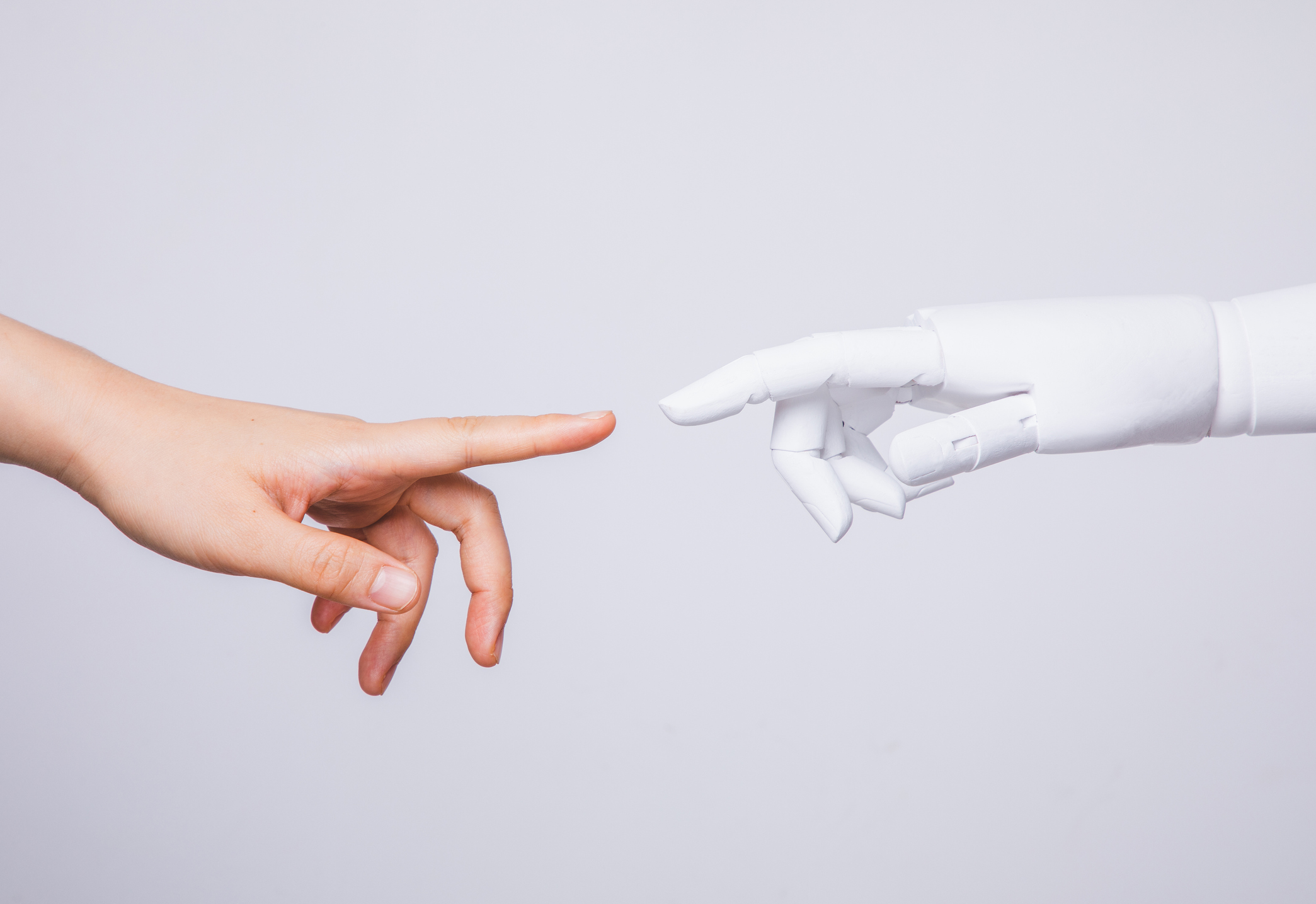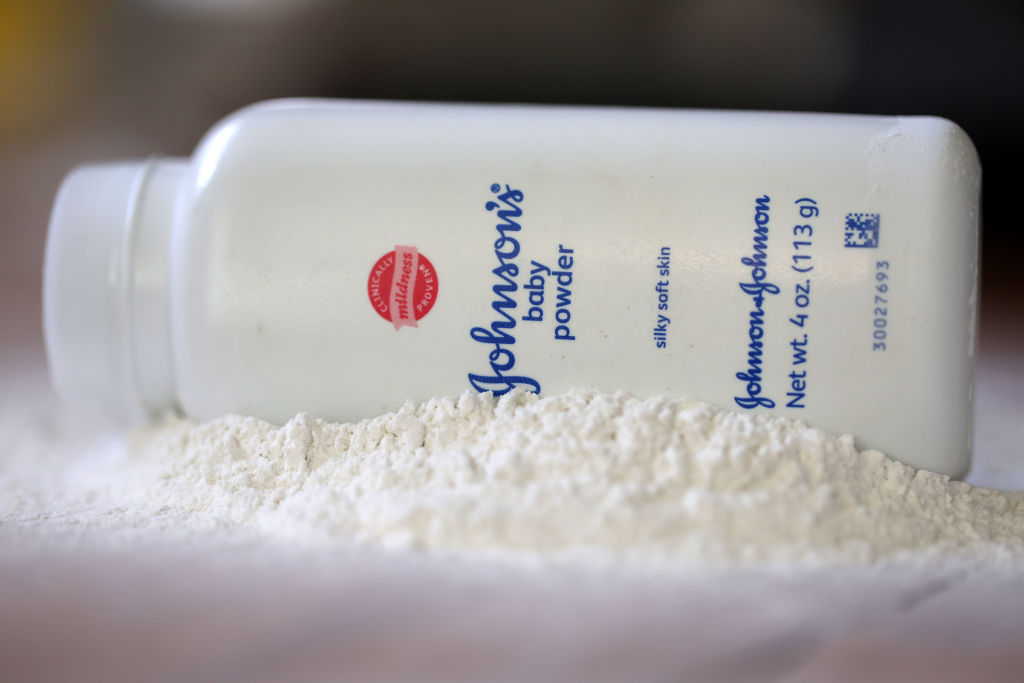Federal Circuit: AIs Are Inventions, Not Inventors
Modern AI (artificial intelligence) involves sophisticated algorithms and massive computing power. AI has been used to solve numerous problems, and it seems AI’s only limit is human creativity.
Despite its successes, however, no AI has reached sentience (or even so-called “strong” AI), despite claims that a Google employee recently made regarding LaMDA. We are a ways away from HAL 9000, but even so, weak AI is powering numerous industries and helping researchers, scientists, and others develop groundbreaking and novel technologies.
But the fact that AI is not sentient is reflected in patent law, as one AI developer recently found out. Stephen Thaler is an AI developer who claims that one of his algorithms can create patentable inventions.
Thaler argued that his AI, “Device for the Autonomous Bootstrapping of Unified Science,” or DABUS, created two patentable technologies using its algorithm. Rather than list himself as the creator of the invention, Thaler listed DABUS. According to Thaler, he wasn’t integral to the process, and anyone who could understand DABUS’ output could have done the same as him. The patent application itself is still sealed, so we don’t yet know what the underlying technology does, although they involve a beverage holder and a light beacon.
Thaler is attempting to claim a patent for his AI in several countries. So far, he has been universally denied, with the U.S., U.K., and Australia all determining that AI cannot own a patent — only “natural persons” can.
Inventions Require an Inventor Under US Law
Under federal patent law, an inventor must declare who the inventor is to obtain a patent from the United States Patent and Trademark Office (known as an “inventor’s oath”). Because DABUS, the AI, cannot sign its own inventor’s oath, the PTO denied its application. DABUS did not file its own patent, of course, Thaler did so on its behalf.
After the PTO’s denial, Thaler appealed both to the PTO and in district court. Finally, the Federal Circuit heard the case on appeal.
USPTO and Federal Circuit Agree
Whether DABUS was responsible for the inventions or not, however, it can’t get a patent for it. Only us humans can be inventors. The Patent Act specifically refers to “individuals” and uses gender pronouns such as “himself or herself” to refer to inventors. Had Congress intended to let machines get patents, they would have included “itself,” the Federal Circuit reasoned.
Thaler also argued that the decision to deny patents to AI would harm innovation. But that was overly speculative, according to the unanimous Federal Circuit court, and in any case, the Federal Circuit wrote that it cannot “elevate vague invocations of statutory purpose over the words Congress chose.”
Thaler already indicated he plans to appeal. But for now, AI programs will have to be happy with helping us humans become better inventors.
Related Resources
You Don’t Have To Solve This on Your Own – Get a Lawyer’s Help
Meeting with a lawyer can help you understand your options and how to best protect your rights. Visit our attorney directory to find a lawyer near you who can help.


.png)



